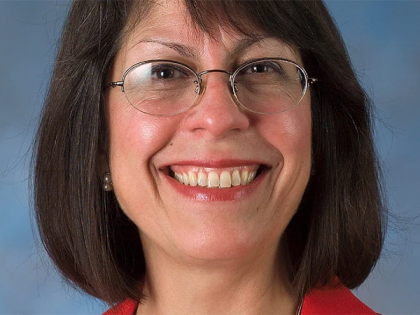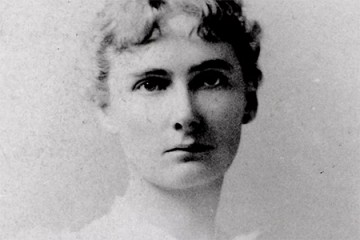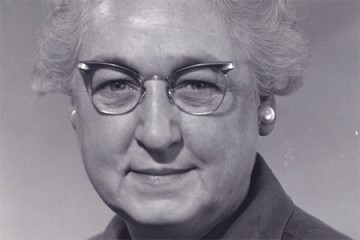Nitza Margarita Cintrón was the chief of space medicine and the Health Care Systems Office at NASA's Johnson Space Center. She received the Johnson Space Center's highest award for civil servants, the Director's Commendation and Innovation Award and NASA's Medal of Exceptional Scientific Achievement. Most known for her contributions to the field of bioenergetics, she is currently faculty with the Department of Internal Medicine at the University of Texas Medical Branch at Galveston.

Image caption: Nitza Cintrón
Born in Puerto Rico, Cintrón traveled throughout Europe as a child in a U.S. military family. Returning to Puerto Rico for high school, she was an avid science reader. She earned a bachelor's degree in Biology from the University of Puerto Rico and earned a PhD in biochemistry and molecular biology at the Johns Hopkins University School of Medicine. Fascinated by science and space as a child, she applied to a mission specialist position in the Astronaut Corps at NASA, passing all exams. Poor eyesight kept her out of space, although her credentials impressed the NASA team, who offered her a scientist position.
"I always dreamed of being a scientist. Space was high in my readings, but it didn't become a reality until I was in college and then graduate school, when I read the announcement recruiting scientists to the Astronaut Corps," said Cintrón.
In 1979, she launched the Johnson Space Center biochemistry laboratory. Between 1979 and 1985, Cintrón was the project scientist for Space Lab 2 mission, which was part of the Space Shuttle Challenger mission in 1985. NASA sponsored her medical school studies at the University of Texas Medical Branch in Galveston, and she graduated with an MD in 1995. At NASA, she served as chief of biomedical operations and research branch in the Medical Science Division and managing director of the Life Science Research Laboratories.
She has been noted as a pioneer for both women and Hispanics, gaining recognition from Hispanic Engineer magazine, a publication of the Society of Professional Hispanic Engineers, and she was inducted into the Hispanic Engineers National Achievement Awards Conferences Hall of Fame.
Cintrón credits the women's rights movements with helping her break gender barriers, and hopes her success will inspire others. ''I feel my contribution is doing the best I can on the job," she said.
This profile comes from the Women of Hopkins exhibit, which honors 23 female trailblazers who have made a mark on society during or after their time at Johns Hopkins. The exhibit, launched in 2016, is on display at the Mattin Center on JHU's Homewood campus and also available online. To learn more about the selection process, and to nominate candidates for inclusion, visit women.jhu.edu/candidates.
Posted in Science+Technology, University News
Tagged women's history month











